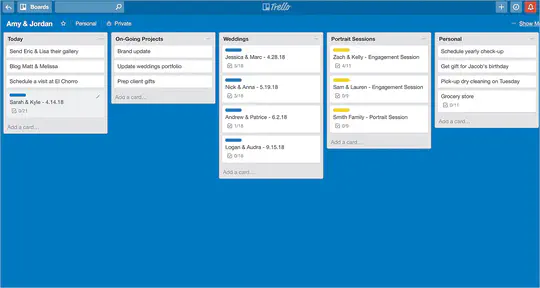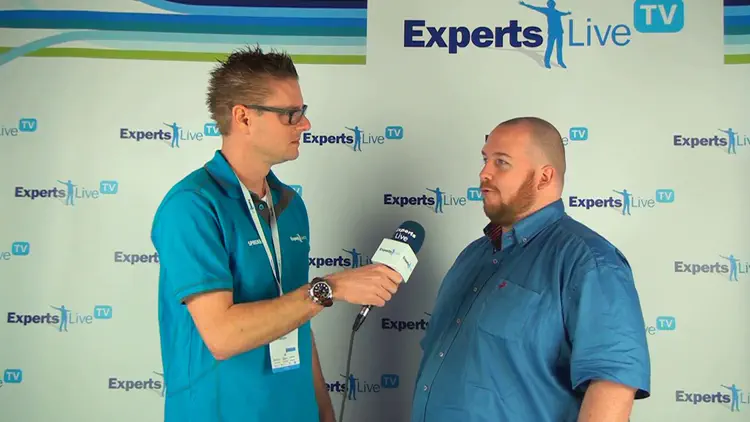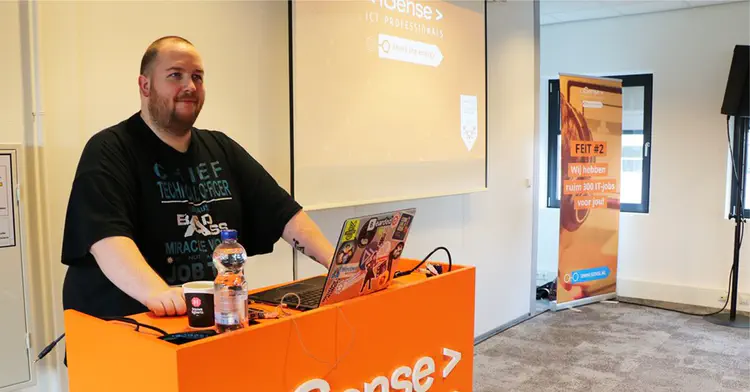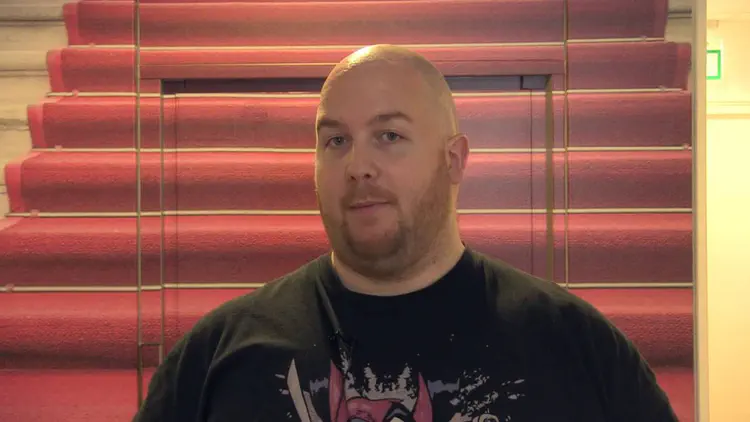Biography
I was born and raised in The Netherlands and I’m an IT geek with a passion for automation. At the young age of 6 I had my very first computer and started developing my own Pacman in order to learn Batch programming. Looking back the performance was terrible, but it worked. Over the years I always kept in touch with some sort of scripting or programming languages, such as Batch, (Turbo) Pascal, PHP, Delphi, Kixtart, Visual Basic Scripting (VBS), VB .NET, PowerShell and C# .NET(Core). I’m the owner of Methos, a consultancy and managed services company from The Netherlands focused on the Microsoft Modern Workplace (Windows + Intune + Office365) and Azure through automation and Infrastructure-as-Code.
- PowerShell
- Infrastructure-as-Code (IaC)
- CI/CD
- Azure
- DevOps
Cloud Platform (Azure)
Microsoft
Modern Workplace (Intune + Office365)
Microsoft
Experience
As the founder and technical lead of the company I am responsible for everything, but I focus on the culture and technical direction. Regarding my preferred management style, there are a guidelines I adhere to:
Sometimes it’s the little things that matter. Someone’s father was rushed to the hospital, their car broke down, they came back from vacation, when they just bought a house or it’s their birthday. Send a cake/pie when someone has a birthday, send a post card when someone has a birthday or bought a house, or call them when they had unplanned work in the weekend and thank them for their work and ask them how they’re doing. People tend to appreciate this, and it takes little effort to do it.
Learn when to listen and when to respond. Sometimes people come to me with their problems or challenges. But not always they want me to provide a solution. Sometimes they just want to vent.
Learn to delegate. There are only so many hours in a day, and days in a week. So in order to do more than you can accomplish just on your own, you’ll need to delegate. Next to this, your employees/colleagues will probably value your trust and answer with their respect, or even loyalty.
When it comes to fostering the culture of the company, here are the phrases that I try to always adhere by:
Anything can be discussed, even passionately, but always respectfully. Try to respect the opinions, views and points of others, or at least understand them. You don’t have to agree with them, naturally. But a bit of understanding goes a long way.
Know your limits, and learn those of others. When you know your limits, you know where to invest for growth but also when and what what to delegate.
Think before you act. Don’t make hasty decisions, and especially not led by emotions. Take your time, and don’t ever let external factors make you decide when you’re not ready to make a decision. If there’s ever a customer or colleague that tries to force you to make a hasty decision, chances are you’ll end up drawing the short straw.
Accomplishments
Blog
Not yet ;-)
Projects
Contact
It can be about something practical, fun, crazy, business or even all of the above ;-)
Want to contact me? There are several ways, please choose the one(s) appropriate for you.









